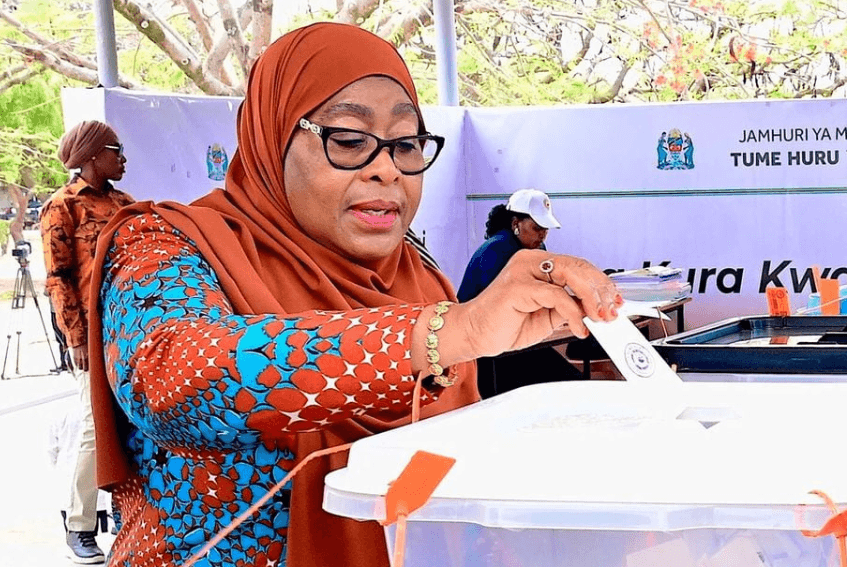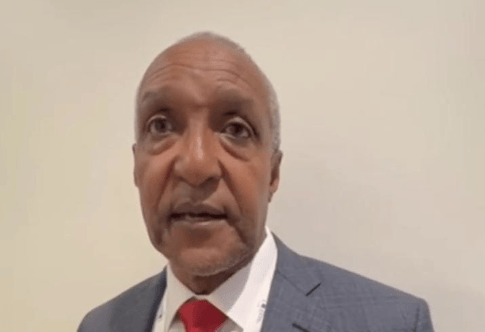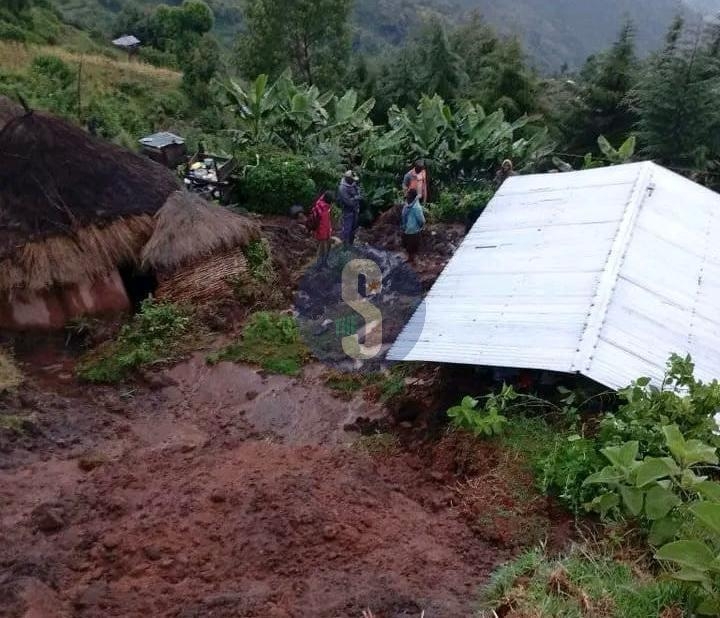Uganda is planning to ape Kenya's government-to-government oil import plan in an effort to control fuel costs in the country.
Effective January 1, 2024, Uganda will initiate direct oil imports from Vitol Bahrain, facilitated by the Uganda National Oil Company (UNOC), mirroring Kenya's government-to-government arrangement.
According to the plan, the Uganda National Oil Company (UNOC) will be the sole importer of petroleum and related products, supplied by Vitol Group. It will then sell to private oil marketing companies.
Last week, the country's Minister for Energy Ruth Nankabirwa tabled a Petroleum Supply (Amendment) Bill 2023 in Parliament in preparation for the policy shift.
Currently, most of the fuel to Uganda is supplied by three marketing firms in Kenya, which in turn sell to Uganda’s oil marketing companies.
However, the landlocked country has faulted the arrangement since Kenya adopted the government-to-government import plan in March, blaming OMCs for delaying supply in the market, triggering higher pump prices.
This follows Kenya's government-to-government oil import deal with Saudi Arabia and the United Arab Emirates in March allowing for the importation of fuel on a 180-day credit period.
Kenya's new crude oil import plan expected to end next year was meant to cushion the country from foreign exchange volatilities and stabilise rising pump prices.
The Kenyan shilling has significantly dropped against major international currencies in the past 12 months, closing yesterday at 151.35 units against the US dollar.
To help Uganda realize the same, the Energy and Petroleum Regulatory Authority (EPRA) is working with UNOC to utilize the Port of Mombasa.
Last month, UNOC submitted a license application to EPRA for the import, export, and wholesale of petroleum (except LPG).
"The Kenyan Government and the Ugandan authorities are engaged in discussions to facilitate the acquisition of the necessary approvals,'' EPRA said.
This collaborative effort between Kenya and Uganda signifies a significant step towards enhancing regional cooperation in the oil sector.
This transformation in oil import dynamics is expected to strengthen the economic ties between the two nations.
Since 2012, Uganda has been meeting 90 per cent of its petroleum demand through the Northern Corridor, commonly known as the Kenyan Corridor.
This reliance is attributed to Kenya's extensive expertise in import logistics and the well-established pipeline infrastructure that Kenya has developed over time.
Uganda presently enjoys competitive freight premiums under Kenya's Government-to-Government (G-to-G) arrangement compared to the central corridor.
Uganda's oil imports constitute a significant 23 per cent of the total transit market that operates within the Kenyan corridor, traditionally managed by Private Oil Marketing Companies licensed to function within Kenya's importation framework.
The new agreement will involve Uganda importing smaller cargo shipments of up to 44.999 Metric Tons to meet the daily estimated demand of 36,000 barrels/day.
Due to the lower quantities required, these imports will incur higher freight costs influenced by economies of scale.
Uganda's annual demand is projected to increase by seven per cent annually, which also exposes them to higher default risk in the event of supply shortages due to shifting supply dynamics.
Experts have however poked holes at the new plan by Uganda, with some arguing that if UNOC's imported volumes surpass the projected demand, it will reduce OMCs' evacuation in Uganda, potentially leading to system congestion and, consequently, increased demurrage costs and product shortages in both Kenya and Uganda.
If Kampala chooses the latter option, Kenya stands to lose close to $160 million (Sh24.2 billion) every year it has been earning to facilitate oil imports to the landlocked nation.
Jamleck Limo of Dense Logistics argues that Mombasa still offers Uganada the best import option.
"Uganda has no option but to be nice to Kenya. It is almost twice as costly to import oil to Kampala via the Port of Dar es Salam than Mombasa,'' Limo said.
Economist Alfred Omweri shares similar sentiments, saying transport costs will be high if Uganda ignores Kenya.
"It is extremely costly to import via Dar to Kamplala than Mombasa. It is almost double the cost, hence does not make business sense,'' Omweri said.
It costs $4,800 (Sh720, 000) to ship cargo to Kampala via Dar compared to $2,700 (Sh407, 000) via Mombasa.
President William Ruto's chief economic advisor David Ndii laughed off the threat by Uganda in a tweet, wondering if the landlocked nation will be flying in its crude oil.
"How will the oil get to Uganda? Will they fly it in?'' he posted on his X page on Thursday.
Logistics expert Sall Kimeli however says that Dar could be Kampala's option if efficiency is fixed.
She adds that the Standard Gauge Railway link between the two nations if realised will sort the logistics issue.
Tanzania is finalising the 300km Dar-Morogoro line in the first phase of the SGR project, which is expected to run up to Mwanza on the shores of Lake Victoria and Kigoma on the northeastern shores of Lake Tanganyika in five phases.
There are plans to add connections to Rwanda, Burundi and the Democratic Republic of Congo as part of the East African Railway Master Plan.
The oil import row looks set to test the diplomatic relations between the two countries, coming months after operationalisation of the Kisumu oil jetty.










![[PHOTOS] Elgeyo Marakwet landslide victims arrive in Eldoret for care](/_next/image?url=https%3A%2F%2Fcdn.radioafrica.digital%2Fimage%2F2025%2F11%2F425460d9-7ff1-4975-8a1f-cd0aaefb7812.jpg&w=3840&q=100)

